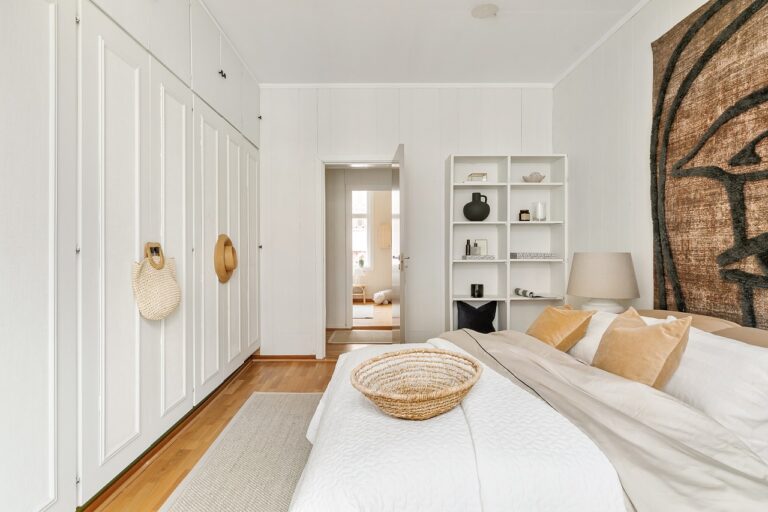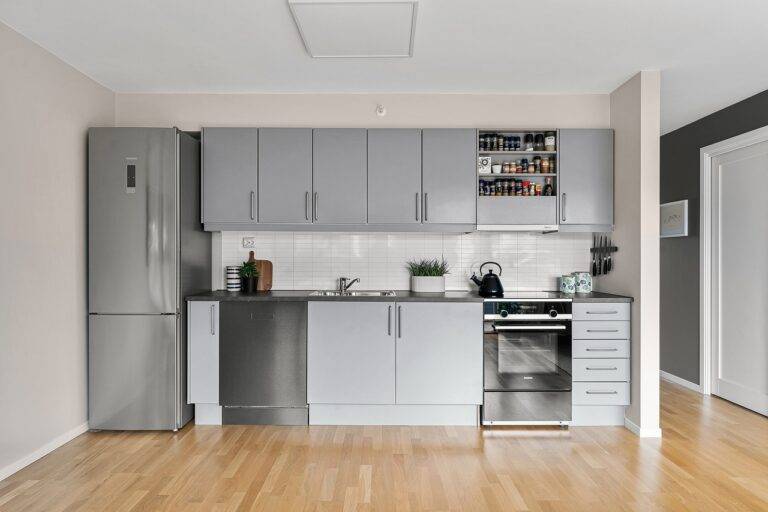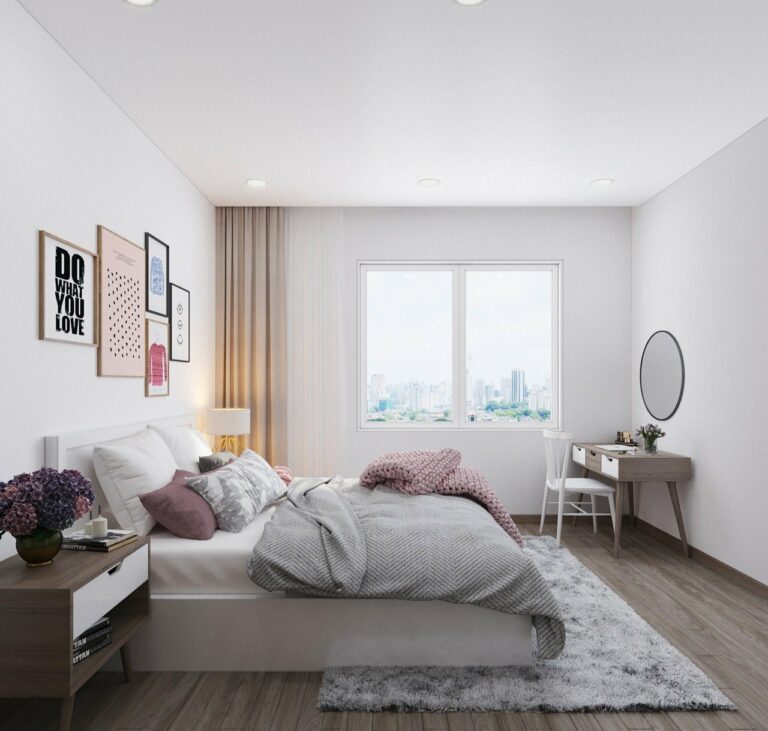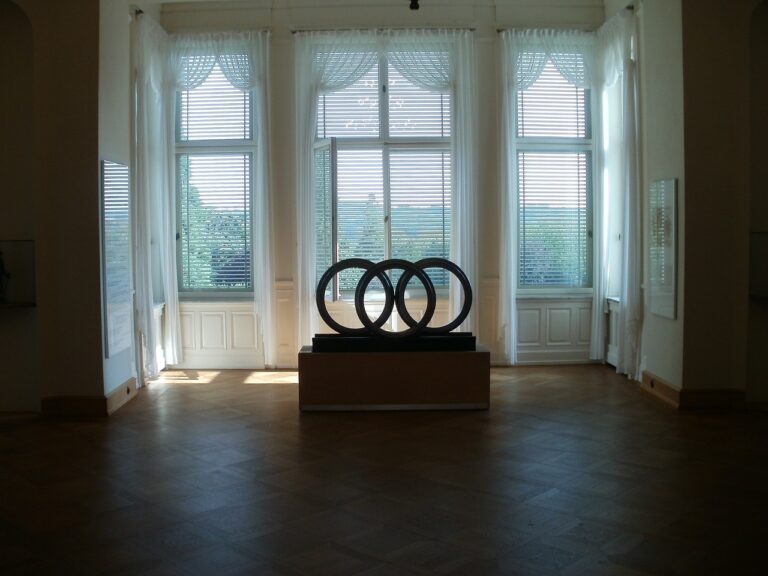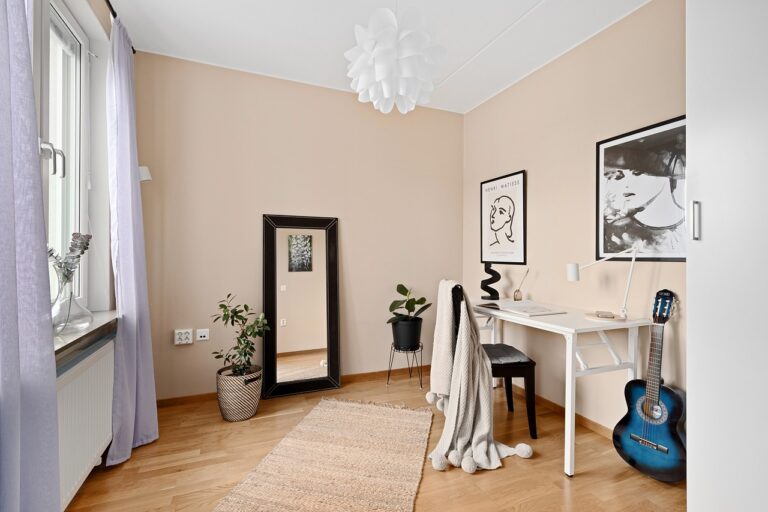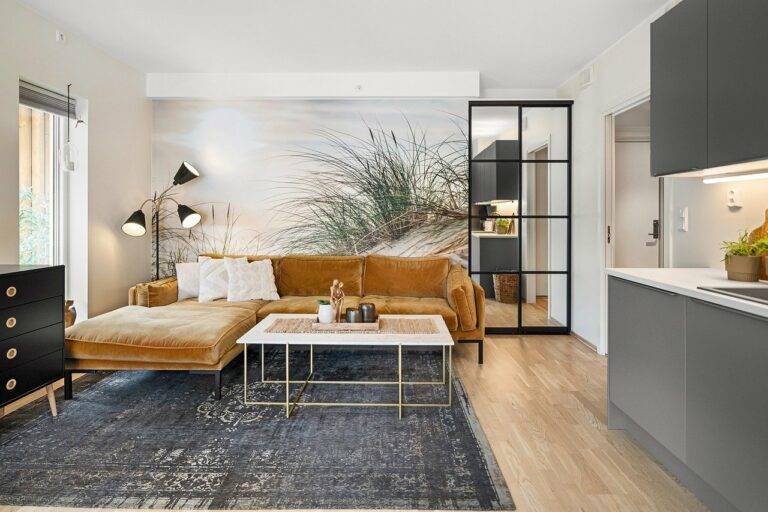The Benefits of HRV Systems in Homes: Cricbet99com, Sky11. Live login, Cricbet99 reddy anna
cricbet99com, sky11. live login, cricbet99 reddy anna: Having good indoor air quality is essential for our health and overall well-being. One way to improve air quality in our homes is by installing an HRV system. HRV, which stands for Heat Recovery Ventilation, is a technology that helps to exchange indoor and outdoor air while retaining energy. Here are some of the benefits of HRV systems in homes:
Improved Indoor Air Quality:
One of the primary benefits of HRV systems is that they help to improve indoor air quality. By continuously exchanging stale indoor air with fresh outdoor air, HRV systems help to reduce pollutants, allergens, and other contaminants in the air. This can lead to a healthier living environment, especially for those with respiratory conditions or allergies.
Energy Efficiency:
HRV systems are designed to recover heat from the outgoing air and transfer it to the incoming air. This helps to reduce the workload on your heating and cooling systems, leading to energy savings and lower utility bills. By retaining the energy that would otherwise be lost, HRV systems can help to make your home more energy efficient.
Moisture Control:
Excess moisture in the air can lead to mold growth, which can have detrimental effects on both your health and your home. HRV systems help to control moisture levels by exchanging humid indoor air with drier outdoor air. This can help to prevent mold growth and protect the structural integrity of your home.
Comfort:
By maintaining a constant supply of fresh air, HRV systems can help to create a more comfortable living environment. You won’t have to worry about stuffy air or odors lingering in your home. HRV systems can also help to regulate indoor temperatures, making your home more comfortable year-round.
Reduced Condensation:
Condensation can be a common issue in homes, especially in areas with high humidity levels. HRV systems help to reduce condensation by exchanging moist indoor air with drier outdoor air. This can help to prevent condensation on windows, walls, and other surfaces, reducing the risk of mold growth and water damage.
Noise Reduction:
HRV systems are designed to operate quietly, so you won’t have to worry about any disruptive noises in your home. This can help to create a peaceful and relaxing environment, allowing you to enjoy the benefits of your HRV system without any distractions.
In conclusion, HRV systems offer a wide range of benefits for homeowners, from improving indoor air quality to increasing energy efficiency. If you’re looking to create a healthier and more comfortable living environment in your home, consider installing an HRV system.
FAQs:
Q: Are HRV systems suitable for all types of homes?
A: Yes, HRV systems can be installed in a variety of homes, including single-family homes, apartments, and condominiums.
Q: How often should I replace the filters in my HRV system?
A: It is recommended to replace the filters in your HRV system every 3-6 months, depending on usage and air quality.
Q: Can I install an HRV system myself, or do I need a professional?
A: It is recommended to have an HVAC professional install your HRV system to ensure it is done correctly and safely.


